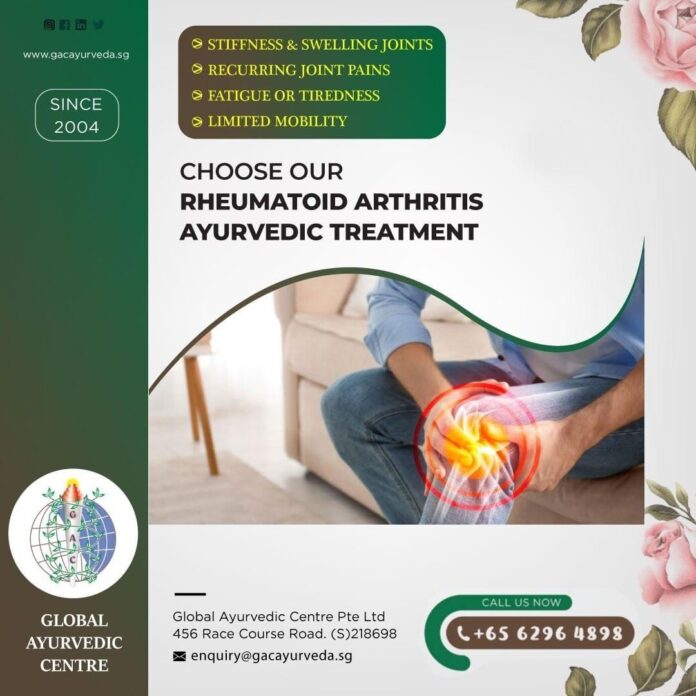
Angioimmunoblastic T-cell lymphoma (AITL) is a rare and aggressive form of non-Hodgkin lymphoma that affects the immune system. This type of lymphoma primarily occurs in older adults, with an average age of diagnosis being in the late 60s.
AITL is characterized by the presence of certain symptoms, which can vary from person to person. Understanding these symptoms is crucial for early detection and diagnosis of AITL. In this article, we will explore the common symptoms of angioimmunoblastic T-cell lymphoma and their implications.
Enlarged Lymph Nodes
One of the most common symptoms of AITL is the enlargement of lymph nodes. Lymph nodes are an essential part of the immune system, and their enlargement can be a sign of underlying issues. In AITL, the lymph nodes may become swollen and tender to the touch. This can occur in various parts of the body, including the neck, armpits, and groin.
In some cases, the lymph nodes may also become painful or cause discomfort. It is important to note that enlarged lymph nodes can also be a symptom of other conditions, so it is crucial to seek medical attention for proper evaluation and diagnosis.
Fever
Fever is another common symptom of AITL. Patients with AITL may experience persistent, unexplained fevers that do not respond to typical treatments. These fevers can be accompanied by night sweats and chills, further impacting the patient’s overall well-being.
Fever is the body’s response to infection or inflammation, and in the case of AITL, it is a result of the dysregulation of the immune system. Monitoring and addressing fevers in patients with AITL is crucial for comprehensive symptom management.
Unexplained Weight Loss
Unexplained weight loss is often a red flag for various health conditions, including cancer. In AITL, patients may experience rapid and unintended weight loss, despite maintaining their regular diet and activity levels. This weight loss can be a result of the body’s increased metabolic demands as it fights off the lymphoma.
Weight loss of 10% or more in a short period of time should be addressed by a healthcare professional, as it could be indicative of underlying health issues, including AITL. Proper evaluation and diagnosis can lead to timely interventions and care for patients with AITL.
Skin Rash
A distinct symptom of AITL is the development of a skin rash. This rash can present in various forms, including a maculopapular rash, which appears as small, red bumps on the skin. The rash may be accompanied by itching and discomfort, impacting the patient’s quality of life.
It is important to differentiate the rash associated with AITL from other dermatological conditions. The presence of a skin rash, especially in combination with other symptoms, should prompt further evaluation for AITL by a qualified healthcare professional.
Generalized Weakness and Fatigue
AITL can take a toll on the body’s energy levels, leading to generalized weakness and fatigue. Patients with AITL may experience a profound lack of energy and stamina, impacting their ability to carry out daily activities.
Fatigue in AITL can be multifactorial, stemming from the lymphoma itself, as well as the body’s response to the disease. Managing fatigue and addressing its underlying causes are essential components of supportive care for patients with AITL.
Abdominal Discomfort
Many patients with AITL report experiencing abdominal discomfort, which can manifest as pain, bloating, or a feeling of fullness. This discomfort may be a result of enlarged abdominal lymph nodes or organ involvement by the lymphoma.
Abdominal discomfort in AITL can impact digestion and interfere with the patient’s overall well-being. Proper evaluation and management of abdominal symptoms are crucial for ensuring comprehensive care for individuals with AITL.
Cough and Shortness of Breath
In some cases of AITL, patients may develop respiratory symptoms such as a persistent cough and shortness of breath. These symptoms can be indicative of the involvement of the lymphoma in the lungs or the development of other respiratory complications.
Respiratory symptoms should be promptly evaluated by a healthcare professional, as they can significantly impact the patient’s quality of life and overall respiratory function. Developing a comprehensive treatment plan that addresses these symptoms is essential for individuals with AITL.
Joint Pain and Swelling
AITL can also manifest with joint pain and swelling, which can impact mobility and physical well-being. The inflammation associated with AITL can affect the joints, leading to discomfort and reduced range of motion.
Joint pain in AITL should be carefully evaluated to differentiate it from other rheumatologic conditions. Proper management of joint symptoms can contribute to improved comfort and mobility for individuals with AITL.
Neurological Symptoms
Some patients with AITL may experience neurological symptoms, such as headache, dizziness, or cognitive changes. These symptoms can be a result of the lymphoma affecting the central nervous system or its manifestations on the peripheral nerves.
Neurological symptoms should be promptly evaluated, as they can significantly impact the patient’s overall well-being. Addressing these symptoms as part of a comprehensive care plan is crucial for individuals with AITL.
Compromised Immune System
AITL can lead to the compromise of the immune system, making affected individuals more susceptible to infections. Recurrent infections, especially those that are severe or persistent, may be indicative of the immune system’s dysregulation in AITL.
Monitoring and managing the immune system’s function in patients with AITL is essential for preventing and addressing potential infections. Providing comprehensive care that supports the immune system is crucial for individuals with AITL.












